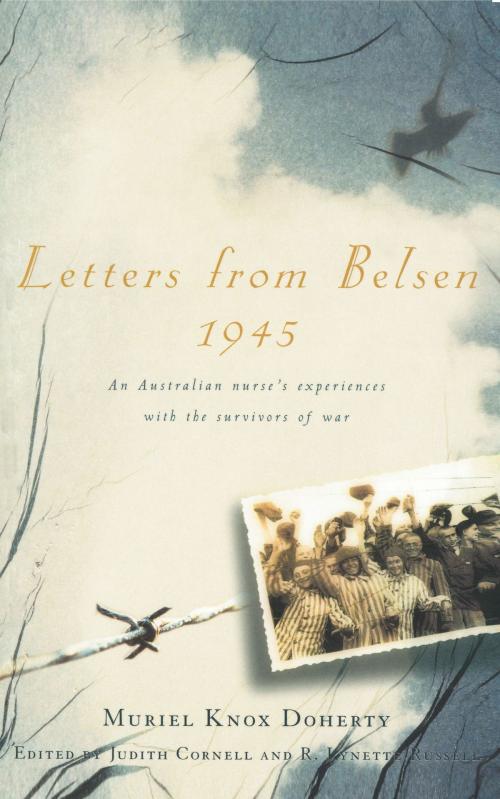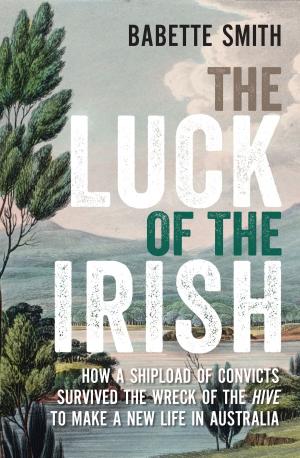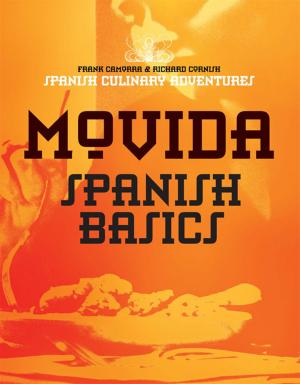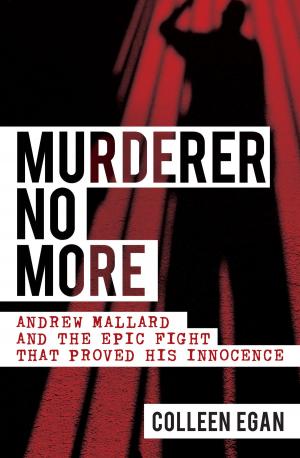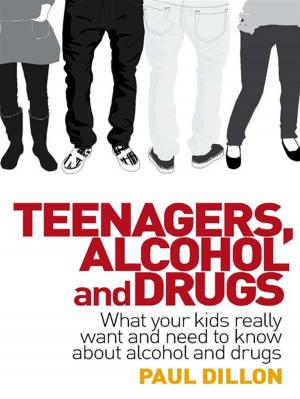Letters from Belsen 1945
An Australian nurse's experiences with the survivors of war
Biography & Memoir, Historical| Author: | Muriel Knox Doherty, Judith Cornell, R Lynette Russell | ISBN: | 9781760636920 |
| Publisher: | Allen & Unwin | Publication: | July 1, 2000 |
| Imprint: | Allen & Unwin | Language: | English |
| Author: | Muriel Knox Doherty, Judith Cornell, R Lynette Russell |
| ISBN: | 9781760636920 |
| Publisher: | Allen & Unwin |
| Publication: | July 1, 2000 |
| Imprint: | Allen & Unwin |
| Language: | English |
When British troops arrived at Belsen concentration camp in April 1945 they found 40,000 desperately ill men, women and children and 10,000 unburied dead bodies. In a final act of cruelty the Germans had withheld food and water from the inmates for a week. Typhus was raging and conditions were chaotic.
Muriel Knox Doherty arrived soon after as Chief Nurse with the task of creating a hospital, scrounging supplies and saving as many of the camp survivors as possible. In letters written to her mother and friends in Australia, Doherty describes her experiences at Belsen in moving detail.
She tells of the plight of Jewish survivors unable to return home, and the challenge of rebuilding their health and their self-respect. She is inundated with appeals from desperate families trying to find their loved ones among the camp survivors and the many displaced people at Belsen. For one particularly memorable day she attends the Luneberg Trials as Belsen survivors gave evidence against war criminals.
One of the few accounts of a concentration camp written by a non-Jew, this remarkable collection of letters is illustrated with drawings by one of the Belsen survivors and period photographs. It is a compassionate tale of the effects of war and the effort made to heal Europe after World War II.
When British troops arrived at Belsen concentration camp in April 1945 they found 40,000 desperately ill men, women and children and 10,000 unburied dead bodies. In a final act of cruelty the Germans had withheld food and water from the inmates for a week. Typhus was raging and conditions were chaotic.
Muriel Knox Doherty arrived soon after as Chief Nurse with the task of creating a hospital, scrounging supplies and saving as many of the camp survivors as possible. In letters written to her mother and friends in Australia, Doherty describes her experiences at Belsen in moving detail.
She tells of the plight of Jewish survivors unable to return home, and the challenge of rebuilding their health and their self-respect. She is inundated with appeals from desperate families trying to find their loved ones among the camp survivors and the many displaced people at Belsen. For one particularly memorable day she attends the Luneberg Trials as Belsen survivors gave evidence against war criminals.
One of the few accounts of a concentration camp written by a non-Jew, this remarkable collection of letters is illustrated with drawings by one of the Belsen survivors and period photographs. It is a compassionate tale of the effects of war and the effort made to heal Europe after World War II.
